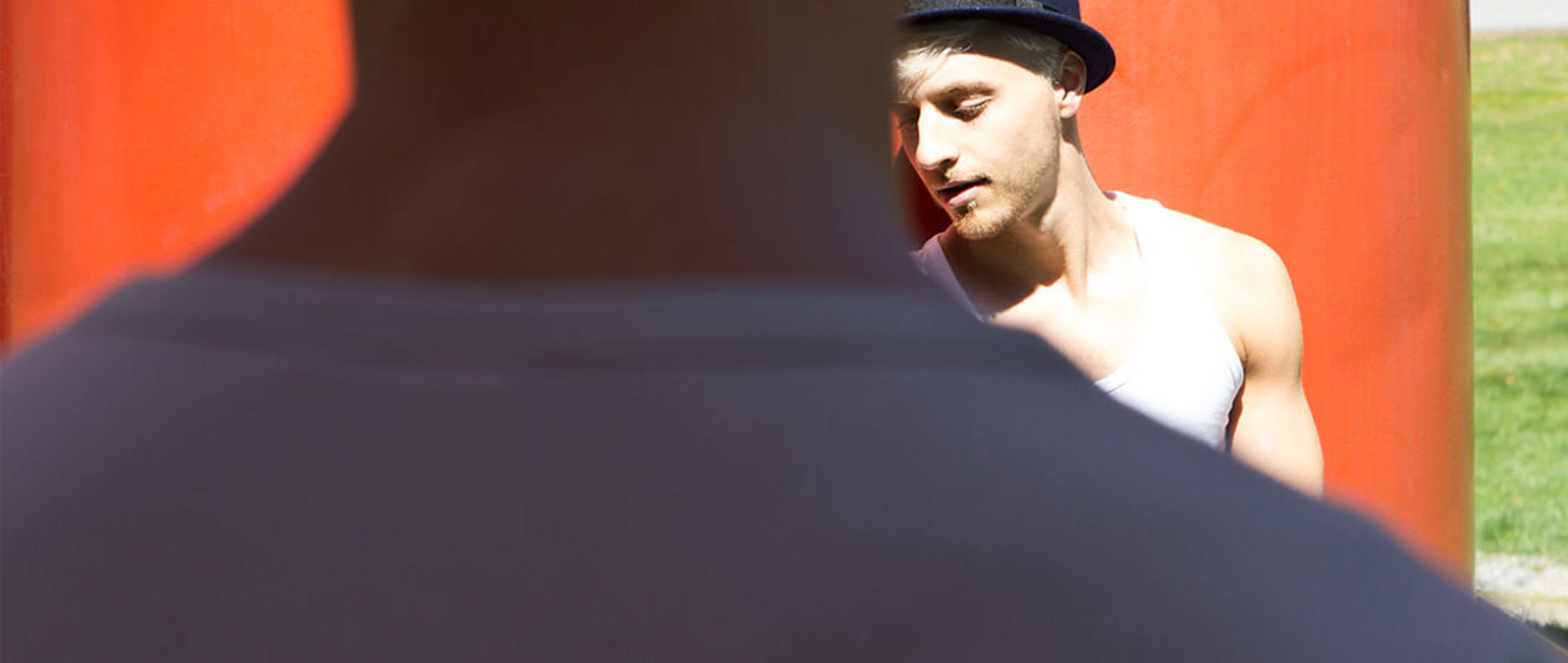In comparison to the 1980s, queer life in modern America is a thriving social, political, and emotional triumph of love over hate. And while no one can deny the strides our community has taken towards equality, there is still a great amount of work to be done.
When one looks into our own community, there is still so much judgment, hierarchy, and prejudice. There is, to be frank, a lot of hate. Especially when it comes to our HIV+ brothers and sisters.
Yes, HIV stigma is still a thing—a fact that was highlighted perfectly in a viral video this week showing the “real” conversations people have when they find out a potential love interest is HIV positive.
But why, exactly? After all, the majority of gay men know exactly how it feels to secretly live in the presence of someone who is blindly afraid of you. Yet, after 35 years, many in the gay community still stigmatize HIV-positive men. And it still shocks me that most people haven’t realized that no matter who you are or where you hail from, if you are a man who loves other men, someone you know is HIV-positive.
Perpetuating the stigma only serves to continue hurting those close to you.
HIV stigma isn’t just a hindrance to the people in your life or on your Grindr screen who are HIV-positive—it’s also a risk to your own HIV-negative status. If you don’t acknowledge the reality that your friends may be living with HIV, you might also think that you’ve never slept with an HIV-positive person. And distancing yourself from something that is most definitely present in your life doesn’t allow you to be prepared, either for yourself or for those around you.
In the first six months after my own HIV diagnosis, I was petrified to tell my best friend about my status. As much as I knew he wouldn’t judge me or toss our friendship aside, something he previously said kept ringing in my ears.
“I would never date someone with HIV. I just don’t think I could get over it.”
A world where one of my closest friends would reject someone just like me was a world I could live without. And so I tucked it inside and hid something from my best friend to avoid any stigma from someone I loved.
When I eventually did tell him my status and the reason for my hesitation, he was immediately overcome with remorse and offered me his unquestioning support. And just like anyone who has made a judgment before getting to know someone, his HIV stigma has since become undetectable.
Although most days I do feel like a rainbow unicorn, my story and my status is nothing unique. If you are a gay man or know more than a handful of gays, then you know a person with HIV.
Instead of trying to figure out who it could be, think about how you would feel if one of your closest friends were judged, rejected, and ridiculed for status. Would you stick up for them if they were treated in the same way you treat a potential love interest who you brutally dismiss because of their status?
HIV isn’t exclusive to the LGBTQ community, but it’s inextricable from its legacy of tragedy and strength. Today, HIV doesn’t have to rob a person of anything in their life as long as they are surrounded by an educated and loving community that understands a disease is not a characteristic or a flaw. It’s just another thing to overcome—and the LGBTQ community overcomes our struggles together.
If you have had even one sexual experience where you put yourself at risk, it could easily be you who suffers the brunt of HIV stigma. Have compassion. Be a friend, a lover, and an ally to people with HIV.
But above all else, don’t be such jerks.
Don't forget to share:
Help make sure LGBTQ+ stories are being told...
We can't rely on mainstream media to tell our stories. That's why we don't lock our articles behind a paywall. Will you support our mission with a contribution today?
Cancel anytime · Proudly LGBTQ+ owned and operated
Read More in Impact
The Latest on INTO
Subscribe to get a twice-weekly dose of queer news, updates, and insights from the INTO team.
in Your Inbox













